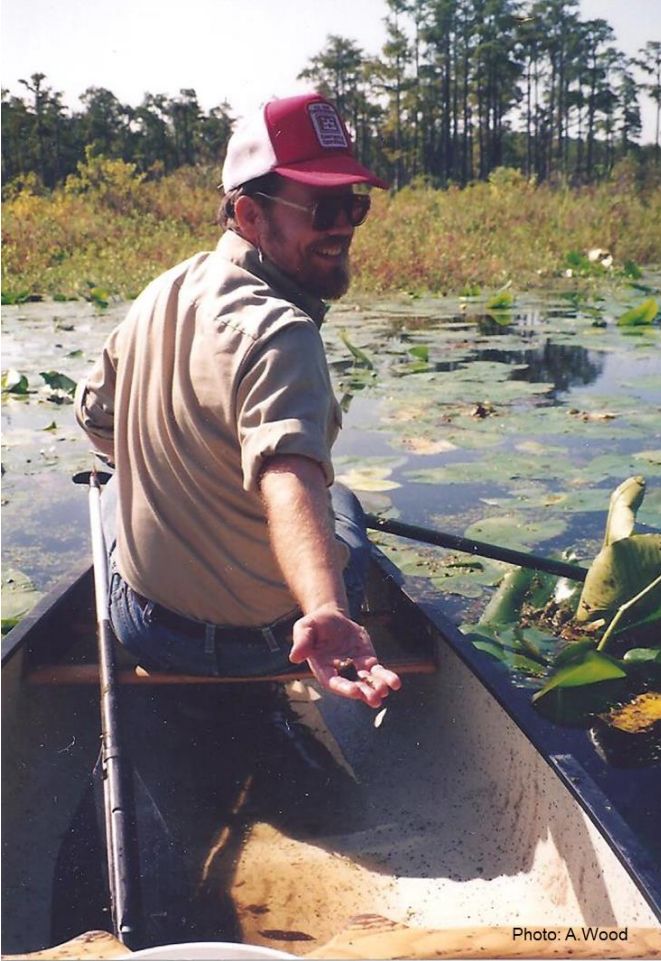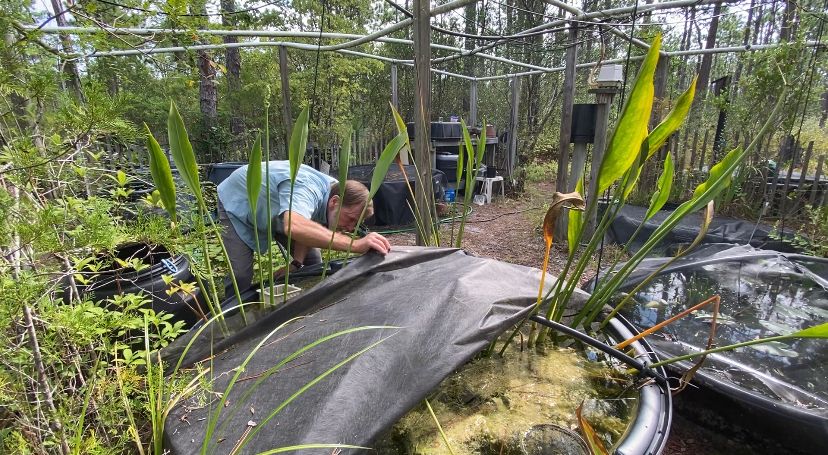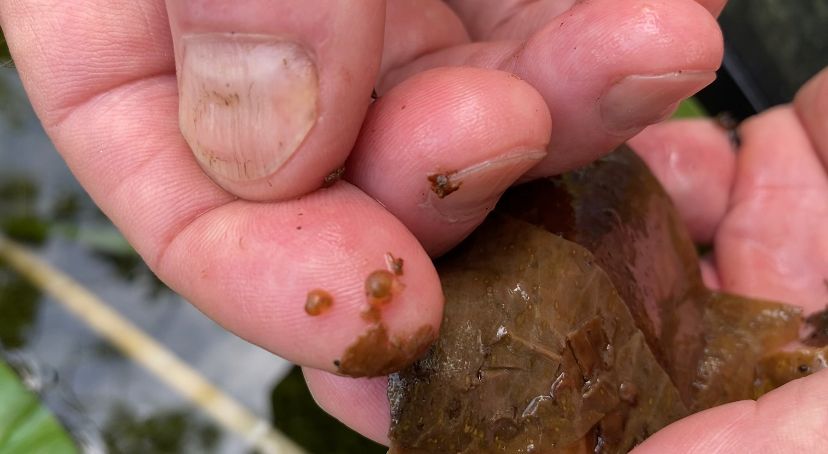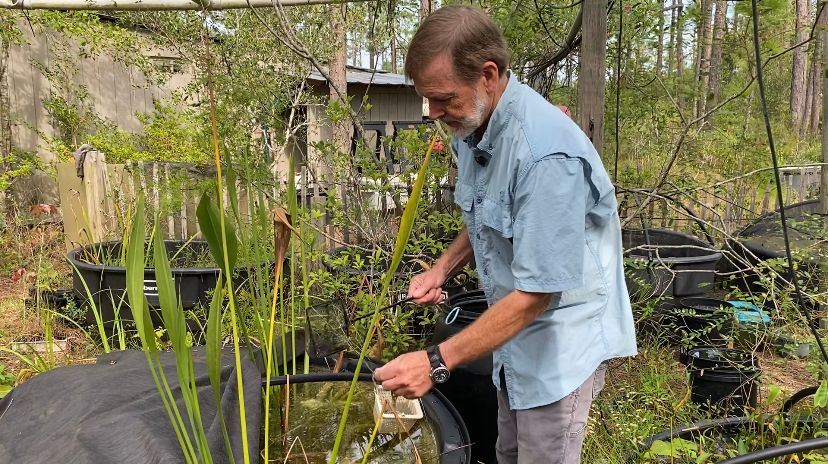PENDER COUNTY, N.C. — This August, the United States Fish and Wildlife Service proposed that the North Carolina magnificent ramshorn snail be listed in the Federal Endangered Species Act. That act would help protect the snails from predators as well as create a designated habitat for them.
The Coastal Plan Conservation Group, who has been nearly single-handedly keeping the snails alive for 30 years, says this is a major step in the right direction for ensuring the species survival.
What You Need To Know:
- The North Carolina magnificent ramshorn snail is now extinct in the wild and can only be found in captivity
- That snail is currently state listed as endangered, but not federally
- This August, the United States Fish and Wildlife Service proposed protecting the snails under the Federal Endangered Species Act, which would allow them to create two designated habitats within the Cape Fear Watershed
The magnificent ramshorn snail may be small, but it certainly lives up to its name. It’s beautiful and intricate ramshorn shaped shell makes it easy to distinguish amongst others — if you get a chance to see one. Sadly, these little creatures are now believed to be extinct in the wild, but biologist Andy Wood and his family have been working hard to keep them alive in his own backyard with the hope of ensuring their species' survival.
“It is pretty amazing, there are three living people that have ever seen this animal in the wild,” said Wood. “Other people saw them, years ago, but today, that’s how rare this is, and the fact is that it’s gone from the wild.”
It’s been nearly 30 years to the day since Wood found his first ramshorn with the help of former biologist Bill Adams, and he still remembers exactly how he felt.

“It was an amazing moment when we found that first snail,” said Wood. “It was life changing, absolutely life changing.”
Now, he has nearly 100 adults and an estimated 1,000 offspring.
“Some people keep dogs and cats,” said Wood, “I keep snails.”
Thirty years later, his passion for protecting these snails is still just as strong. Wood and his family have been working hard to get these snails listed on the federal endangered species list.

“This snail is state listed as endangered,” said Wood. “And that gives them some protection at the state, but it doesn’t do anything at the federal level, and that includes habitat protection.”
This August, the U.S. Fish and Wildlife Service proposed protecting the snails under the Federal Endangered Species Act. That proposal would designate two ponds in the Cape Fear Watershed as their habitat. Wood, however, says that introducing the snails into those designated areas could lead to potentially disastrous results.
“The ponds that are proposed for re-introduction, they’re going to be flooded with salt water with possibly the next hurricane,” said Wood. “They were flooded with Hurricanes Fran and Floyd, so they’ll be flooded again, and salt water is the kiss of death for this animal.”

And although it’s a creature that may not seem significant, Wood says that their survival is extremely important to the survival of other animals in their habitat, even humans.
“These snails are members of a complex ecosystem… so think of these snails as a rivet. How many rivets do you want to give up on an airplane before you feel safe traveling in that airplane?” asked Wood. “So even by protecting obscure little snails, you’re helping to hold together this planet that ensures our survival.”
Without Wood’s efforts, these snails may no longer exist at all. After three decades of caring for the ramshorns, he’s glad that steps are finally being taken in the right direction.

“As Margaret Mead said, 'Never doubt a small group of people or even an individual,”' said Wood. “So if there’s a take away for other people, don’t think you can’t make a positive difference, everybody can make a positive difference.”
Wood’s Coastal Plain Conservation Group is launching a Save the Snails Campaign, which raises funds to take care of their snail conservatory so that they can ensure they have healthy snails to return to the wild. They’re hoping to raise $125,000



